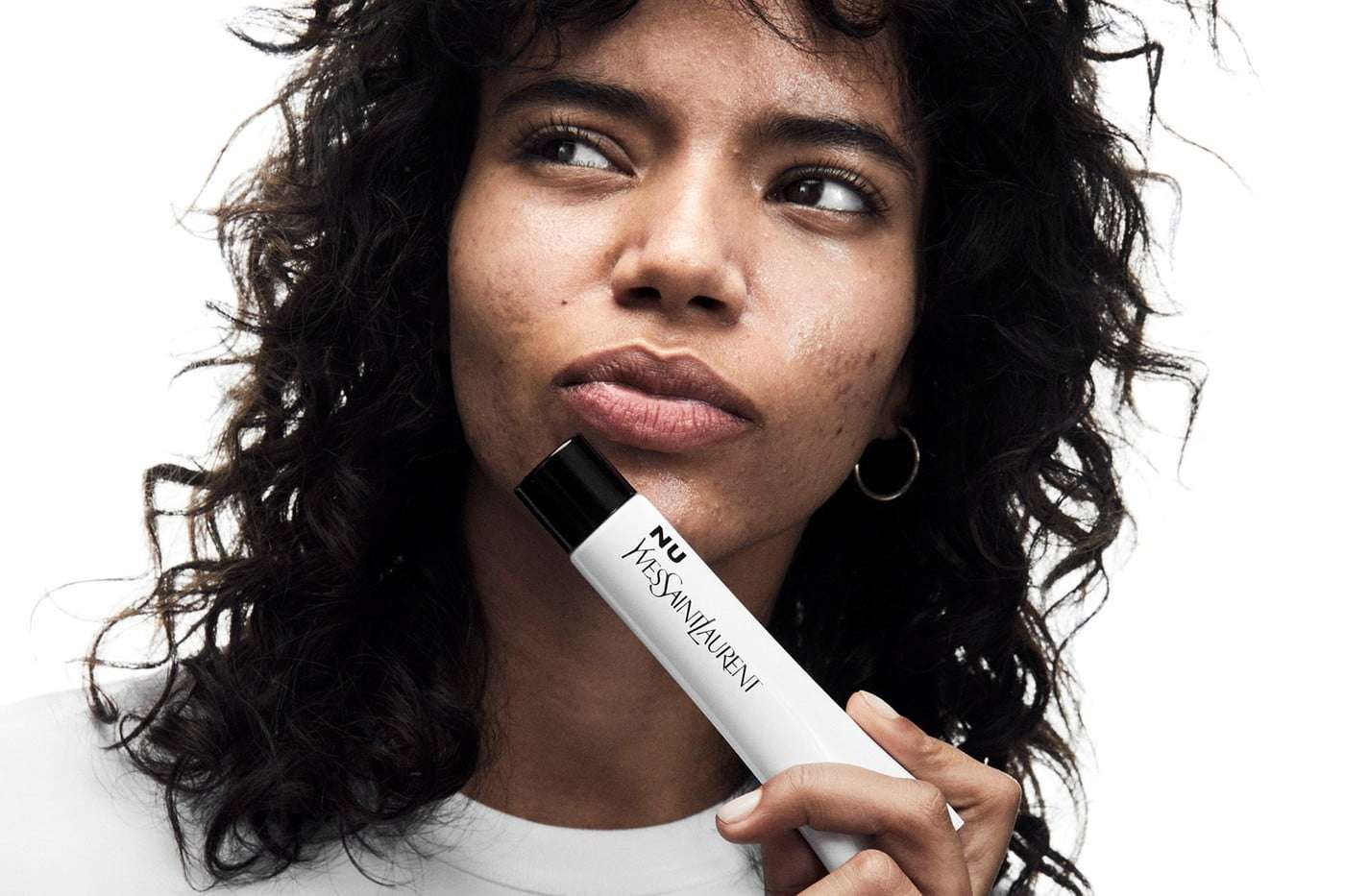YSL Beauty and Leonardo DiCaprio’s Re:wild have partnered on a biodiversity restoration project aimed at protecting land across 66 countries and totaling a volume ten times the size of Paris.
YSL Beauty says its new initiative, Rewild Our Earth, will “make progressive efforts to enable natural processes, repair damaged ecosystems, and restores degraded landscapes.”
Beginning this year, the French luxury brand says with the help of Leonardo DiCaprio’s Re:wild it is focusing efforts on 184 sites where it directly sources from, including locations across Haiti, Morocco, Madagascar, and Indonesia. The initiative is expected to expand to more than 100,000 hectares of land by 2030, the label says.
In Morocco, YSL says it will work to help reverse the effects of desertification across 1,000 hectares. In Haiti, it’s re-establishing primary forests which have been reduced to just one percent, the legacy brand says. In Madagascar, it’s joining efforts there to rehabilitate biodiversity, planting 400,000 trees. In Indonesia, it’s working to protect more than 350 species in a biodiversity hotspot.
Mainstream luxury labels are prioritizing sustainability. L’Oréal recently announced its pledge to shift renewable resources in more than 95 percent of its products by 2030.
Its subsidiary Lancôme has also made significant strides to clean up its ingredients and promote sustainability. Already, 99 percent of the roses used in its makeup and skincare products are organic; but the company says that number will be 100 percent by 2025. And all raw materials will be recycled or sustainable and at least 70 percent of ingredients will come from renewable sources by 2025.
Last year global beauty giant Davines announced it was partnering with the Rodale Institute on the European Regenerative Organic Center, which will span 10 hectares at its Parma, Italy, headquarters. That effort will support farmers transitioning to regenerative agriculture.
YSL says its efforts build on a shifting marketplace as sustainability continues to be a top priority for consumers.
YSL sustainability
“The beauty industry has seen a marked shift towards eco-conscious and eco-conceived brands in recent years, and our consumers are driving this behavior change — not only through their purchasing habits, but also through a demand for transparency at the brand level to make serious commitments related to climate change,” Caroline Nègre, YSL Beauty’s International Sustainability & Scientific Director, told The Zoe Report. “The wild is in decline, and brands can no longer ignore the impact they have on natural resources and nature itself.”
The Rewild Our Earth effort builds on YSL’s sustainability commitments, the brand’s “Change the Rules, Change the Future” initiative. The brand’s Nu line is Cradle to Cradle certified, a globally recognized sustainability measurement that assesses criteria across sourcing, design, and manufacturing. The brand is also certified by Positive Luxury for its efforts.
“For several years we have been developing products in a way that limits their impact on the environment at each stage of the lifecycle, from the design stage through to the end of the product’s life,” YSL says on its website.
“This means Eco-design with no compromise on YSL Beauté’s quality and luxury standards. By reducing the environmental footprint of our product formulas by sourcing more raw materials in a responsible, sustainable way that respects biodiversity, optimizing packaging and committing to zero deforestation.”
Since 2020, 93 percent of YSL products are “eco-conceived”—a move the brand says builds on its many years of sustainable transformation across products and practices.
With the new Re:wild effort, Nègre says rewilding builds on YSL’s longstanding commitments to conservation, dating back to its founder, Yves Saint Laurent, who launched the label in 1961. She says he was a nature-lover who embraced the wild and wove it into the heart of YSL.
“From sourcing and formulation to packaging, manufacturing, transport, point of sale, and end-of-life use, we at YSL Beauty are committed to drastically reducing its environmental footprint,” Nègre explains.
The label says by 2023 70 percent of its ingredients will be bio-based and by 2030, 100 percent of its products will be eco-designed and come in recyclable packaging.
“As a brand whose business has both a direct and indirect impact on the environment,” Nègre says, “it is our duty to not only put words into action, but share this progress with the public.”
Re:wild
Dr. Penny Langhammer, Ph.D., Re:wild’s Executive Vice President told The Zoe Report YSL is an iconic brand that has gained trust globally. “They want to use this platform to help their consumers understand that we are in a climate emergency and have less than a decade to fix it,” she says.
The Leonardo DiCaprio Foundation relaunched as Re:wild last year as a conservation-focused collaboration between DiCaprio and the Global Wildlife Conservation. It has partners in more than 50 countries working to protect threatened and endangered species and more than 45 million acres of land and water.
Last year, the organization shared in a $5 billion restoration pledge called the Protecting Our Planet Challenge, to span the next decade. That effort partnered Re:wild with the Bezos Earth Fund, Bloomberg Philanthropies, Gordon and Betty Moore Foundation, Nia Tero, Rainforest Trust, Wyss Foundation, Arcadia , and the Rob and Melani Walton Foundation.
“Achieving our ambitious goals will require advancing the rights of Indigenous Peoples and local communities as guardians of our planet’s biodiversity,” DiCaprio said at the time. “The new ‘Protecting the Planet Challenge’ welcomes governments, corporations, organizations and individuals to join us in committing to protect and conserve the most irreplaceable places on our planet. Currently, the 72 countries in the High Ambition Coalition for Nature and People are committed to protect and conserve at least 30% of the world’s lands, inland waters, and oceans by 2030.”


